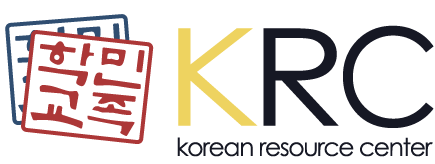Health : Medicine
Study: Healthcare Concerns Getting Lost in Translation
Language barriers can affect patient-doctor relations and quality of care, UCLA report says.
By Juliet Chung, Times Staff Writer
May 13, 2006
About 1 million Californians with limited English proficiency could receive lower-quality healthcare from their HMOs because of language barriers, according to a UCLA study released this week.
Of the 9.4 million adults enrolled in HMOs in 2003, the study found that about 10% of clients — most commonly native speakers of Spanish, Chinese, Vietnamese and Korean — reported not being able to speak English well or at all.
Experts have said limited-English speakers often face significant obstacles in accessing healthcare.
While the study did not provide a comprehensive accounting of how many patients had actually encountered difficulties because of language barriers, it did suggest the issue's prevalence by analyzing whether patients understood their doctors.
About 400,000 patients reported they had had difficulty understanding their doctor because of language barriers.
Gerald Kominski, the study's lead author and the associate director of the UCLA Center for Health Policy Research, said the findings underscored the need for translators.
"Even individuals who are native speakers of English and are highly educated encounter difficulties in navigating their way successfully through the system," Kominski said. "These difficulties and barriers are compounded when English is not the first language."
He said access to translation influences a client's whole healthcare experience, affecting not just how a patient communicates with a doctor but whether he or she is able to schedule an appointment.
The vast majority of HMO enrollees with limited English proficiency were enrolled in commercial rather than public health plans such as Medi-Cal and Healthy Families.
Public plans generally deliver higher levels of language services than commercial plans, according to the California Office of the Patient Advocate, an independent state agency. Among commercial plans, Kaiser had the biggest population of limited-English speakers, with 308,000 such enrollees, according to the study. Blue Cross had the second-largest such population with 117,000 enrollees, and Health Net was third with 55,000.
The languages most often spoken by health plan interpreters were Spanish, Chinese, Russian and Vietnamese, the study found. Less common were Korean, Arabic and Khmer translation services.
State policies require that only Medi-Cal and Healthy Families provide interpretive services. But the Department of Managed Health Care is developing regulations to require that they be provided by all state-licensed HMOs.
Training for translators can last anywhere from a few hours to several weeks, depending on the plan, but efforts are being made to standardize the criteria that would qualify individuals to work as a medical interpreter, according to the patient advocate's office.
Shannon Lee, the health access director for the nonprofit Korean Resource Center in Los Angeles' Koreatown, said the push for more language services couldn't come soon enough.
"We have four phone lines and they're all blinking," she said.
